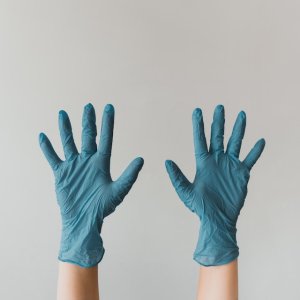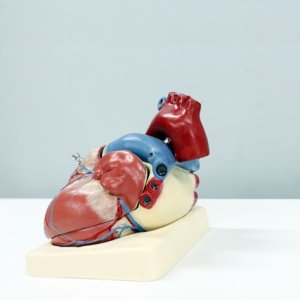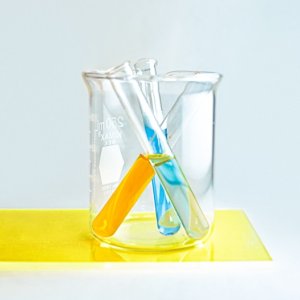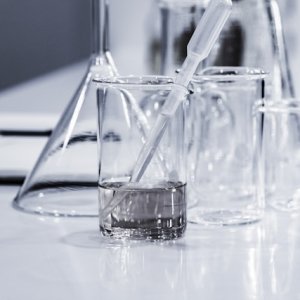A Pioneering Local Research Center

STORY INLINE POST
Q: How did your involvement in the Transfer Factor Project lead to the establishment of the UDIBI research center?
A: Transfer factor has a long history in Mexico. When it was discovered in 1955, knowledge in the field of immunology was in its infancy, so when Dr. Sherwood Lawrence found that partial immunity to infectious diseases was transferred from immune cells to others, he believed only one molecule was responsible for that effect, which was designated ‘transfer factor’. Later on, as the field of immunology developed and the different biological processes were gradually understood, transfer factor remained a mystery. Respected Immunologist Dr. Sergio Estrada Parra met Dr. Lawrence at a conference about 40 years ago, and discovered that the transfer factor’s action was mediated by a mix of more than 1,000 peptides. In 1971 the first product was registered at the regulatory agency and 30 years ago Dr. Estrada started producing a small batch of this product from leukocytes of healthy people in the Escuela Nacional de Ciencias Biologicas of the Instituto Politecnico Nacional (IPN). I have been working on transfer factor for 20 years. In the project’s early stages, there was a great need for more preclinical studies and general development, but we quickly moved from producing 20 to 1,000 bottles of transfer factor a year, and now we are producing 500,000 bottles per year. The product has gained COFEPRIS approval in its injectable and oral forms and, due to it being obtained from leukocytes of human blood, strict guidelines and requirements must be complied with, especially for viral control. As the project continued growing, we needed a larger scientific staff to increase our production capabilities as well as to advance our knowledge of transfer factor and immunology. As a result we also started providing services for the biopharmaceutical industry, and so a designated research center was founded in 2012, called UDIBI.
Q: What is the main focus of UDIBI at this point, and how would you compare its standards on a national and international level?
A: We provide pharmacokinetics and pharmacodynamics in vitro studies for the development of biosimilars. Our biggest contracts are for providing biocomparability studies, as well as identifying several blood analyses for clinical trials, expert advice for scientific projects and regulatory affairs, and quality control tests. Our quality control standards set us apart and specific guidelines, norms, and ISO standards are implemented at UDIBI. It is difficult to find a laboratory in Mexico that works with Good Laboratory Practice, so we stand out in this regard. We are still too small to really compare ourselves to research centers in Europe and the US, but our quality services are the same as those from other universities in the world despite being cheaper. We can perform viral validations for biologics at one-tenth of the average price in US, which is about US$1-2 million. At present we provide two local companies with such services, and are negotiating with a multinational company for preclinical studies, validation, and proof of concept of different molecules.
Q: How is your long-term vision for UDIBI evolving?
A: We have to take advantage of the different trends developing in the pharmaceutical industry right now. Firstly, we want to focus on providing more specialized services for the development of biocomparables. Later, as our expertise is developed, we want to produce innovative biopharmaceuticals. UDIBI is a National Laboratory that receives funding from CONACYT, and therefore we are committed to providing services for academia. I am part of Red Farmed, which is a network for pharmaceutical and diagnostic method development at CONACYT, and one important goal they are working toward is to find four or five molecules with a satisfactory research background in order to transform them into actual products. In order to continue being a National Laboratory, UDIBI has to invest in R&D for products that can be commercialized and at present we have about 15 molecules under preclinical development that can be transformed into products. The R&D process encompasses basic research, proof of concept, preclinical studies, and clinical trials. We have several molecules and medical devices in the basic research stage, but only a handful of them manage to evolve to the next stage, during which the proof of concept and preclinical studies are designed and executed. If positive results are obtained, major pharmaceutical companies may be interested in conducting clinical trials and we can create technologytransfer agreements with multinational companies with this purpose and if not, UDIMEB has its own clinical studies unit.























